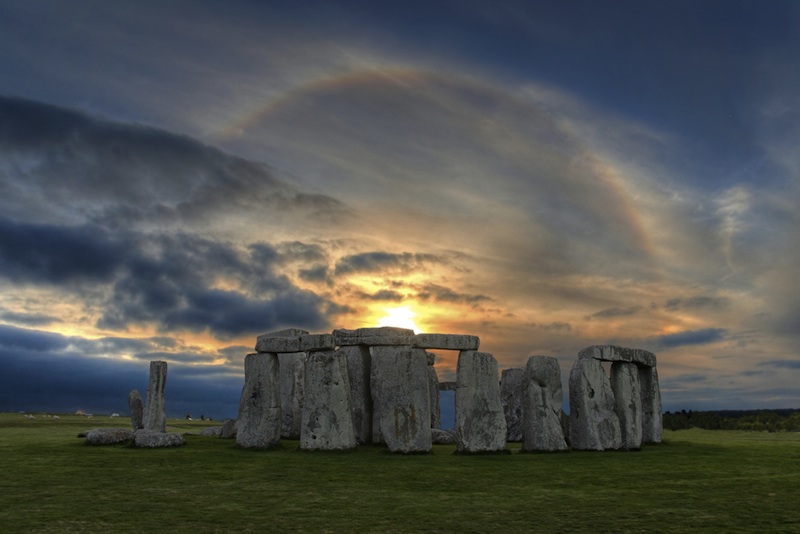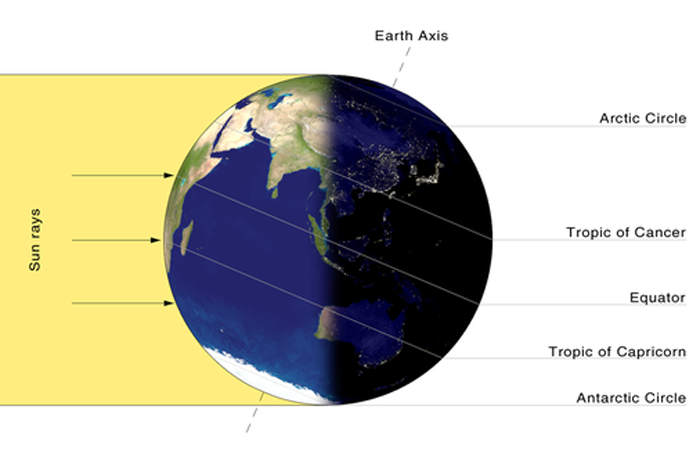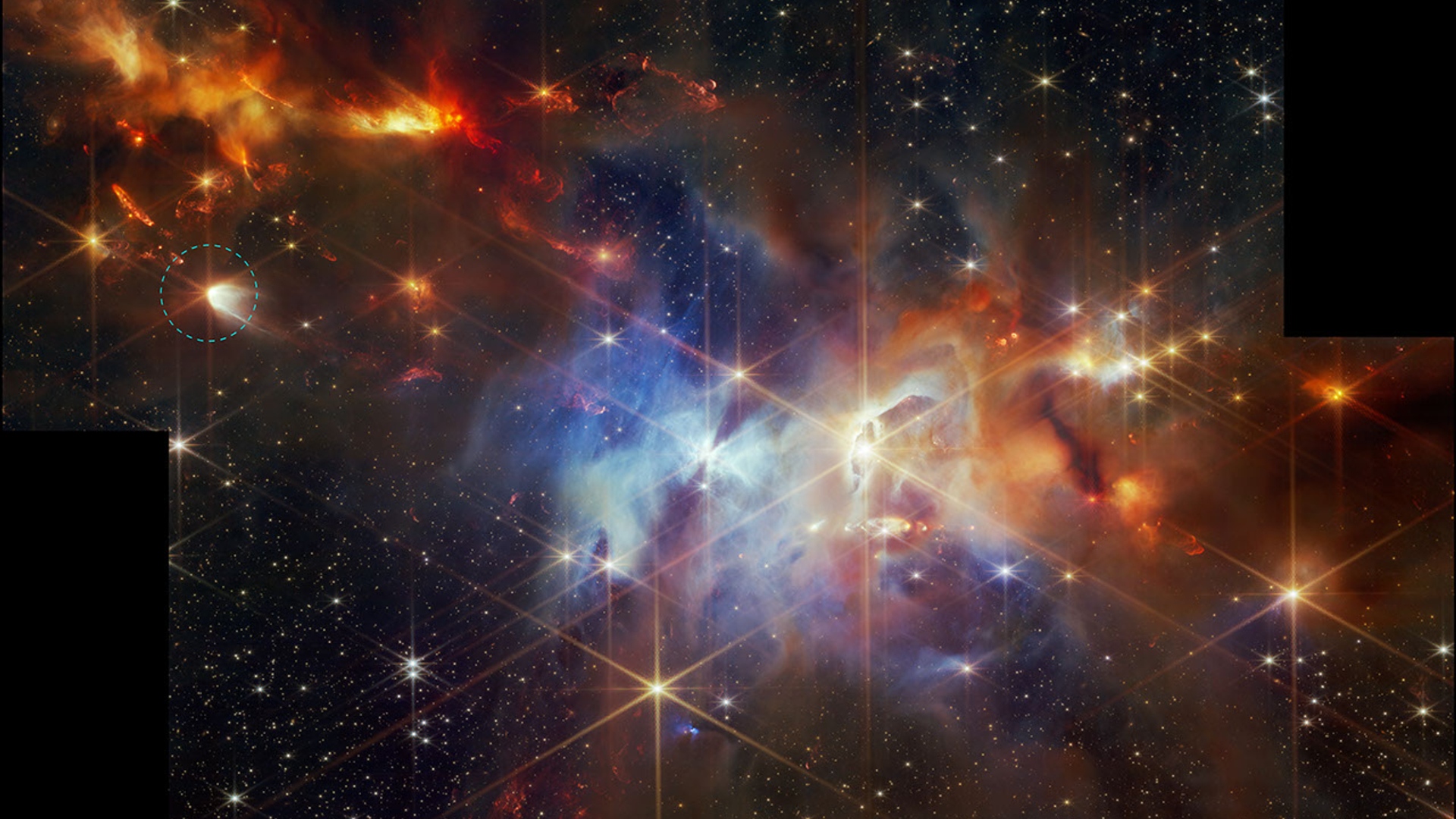Earth's Extreme Tilt Marks the Winter Solstice

The winter solstice is a vampire's delight. No other night is longer and no day shorter. But it also means the subsequent days get longer.
This year's winter solstice will occur at 11:48 p.m. ET Monday (04:49 GMT Tuesday). At that moment, the sun will be directly overhead at 23.5 degrees south latitude, and the Earth's axial tilt will be as far from the sun as possible.
When the celestial fireball finally makes its appearance in the northern hemisphere it keeps a low profile. On the winter solstice the sun follows the lowest path of the year in the sky of the northern hemisphere.
For modern city-dwellers, the solstice is little more than a curiosity, but in ancient times it was of vital importance.
In the northern hemisphere, knowing when the dark days of winter would start to lengthen could give hope to people trying to make the harvest of the previous year stave off starvation for a few more months.
The day was so important, that some of humanity's earliest monumental structures were aligned with the rising or setting of the sun on the winter solstice. Stonehenge in England, for example, is lined up with the winter solstice.
Breaking space news, the latest updates on rocket launches, skywatching events and more!
Bones Hint at Stonehenge Solstice Feast
Festivals both ancient and modern marked the winter solstice.
The Romans celebrated Saturnalia around the time of the solstice with revelry and a social switcheroo in which masters served the slaves.
Further north, Germanic and Norse tribes celebrated Yule by burning a massive log in honor of Thor, a tradition some still observe.
The modern Christian holiday of Christmas occurs near the winter solstice, and some have suggested that assigning Dec. 25 as the birth of Jesus of Nazareth related to ancient celebrations of that day, such as the Roman Sol Invictus, or Invincible Sun, festival.
Originally published on Discovery News.

